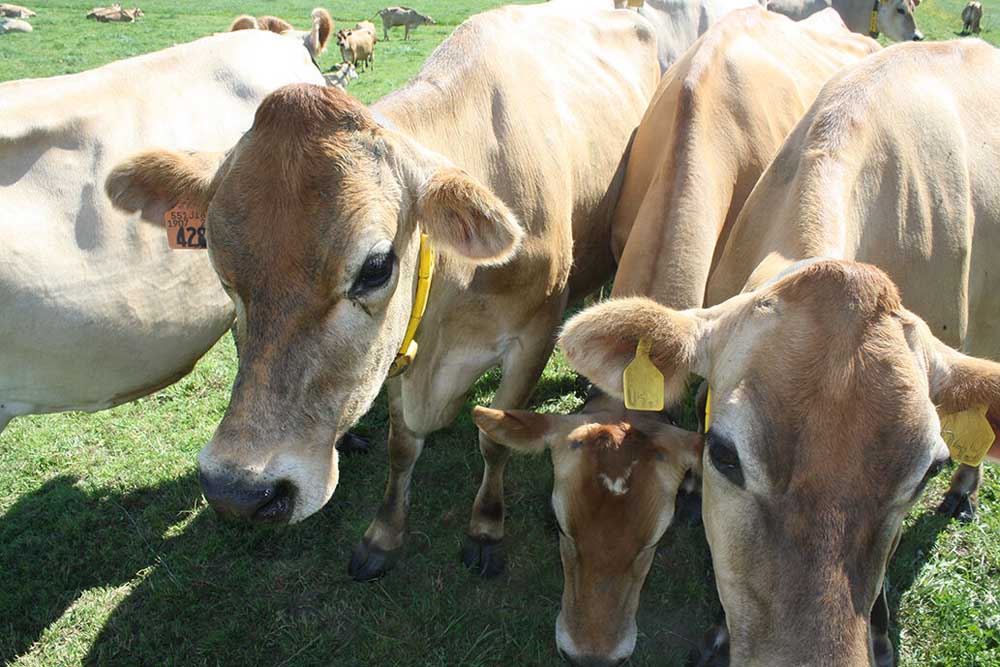Washington health board backs off regulating farms
Published 12:45 pm Thursday, March 10, 2022

- The Washington State Board of Health adopted a new rule June 8 on animal waste. The Washington State Dairy Federation says the rule is unneeded.
The Washington State Board of Health will propose holding pet and livestock owners responsible for keeping animal waste from becoming a health hazard or nuisance, but has backed away from regulating commercial livestock operations.
The board was briefed March 9 on a rule that staff members plan to propose this month or next. The rule will authorize local health officials to investigate complaints about animal waste fouling water or someone else’s property.
Unlike earlier proposals, the rule won’t try to complement laws that apply to dairies, feedlots and other confined livestock operations and that are enforced by the state Department of Agriculture and Department of Ecology.
“It doesn’t step on the toes of other state agencies that have been given authority by the Legislature to be more involved with those large operations,” board Chairman Keith Grellner said. “I think we’re in a really, really good spot.”
The new rule will update an old regulation that mostly concerns requiring horse stables inside cities to be regularly cleaned.
For several years, the board’s staff flirted with amplifying the rule to restrict where manure can be stored. A staff report in 2018 on rewriting the rule focused on the environmental impact of dairies.
The detail, scope and tone of previous proposals alarmed dairies, ranchers, feedlots and horse owners.
Board policy adviser Stuart Glasoe said that he doubts the board has the authority to regulate dairies, horse stables, dog kennels and other large operations.
He recommended against adopting lengthy regulations for animal waste. “When we tried drilling down on some of this stuff, the more detailed it got, the tougher it got,” he said.
Instead, the rule should be broad and left up to local health officials to interpret and enforce, Glasoe said.
”Every corner of the state is different — culturally, politically, environmentally. They’re going to have to make the choices on how they implement and use this tool,” he said.
Unlike previous proposals, the rule will explicitly exempt manure lagoons and composting piles, and grazing pastures and horse trails.
”All and all, I think this new language is better, but it’s still a solution in search of a problem,” Washington Farm Bureau director of government relations Tom Davis said.
State law already requires animal owners to not let their animals become a nuisance, or for manure to pile up and threaten drinking water.
The upcoming rule will require animal owners to control odors. Davis said the provision could run afoul of the state’s right-to-farm law, which shields routine agricultural practices from nuisance complaints.






